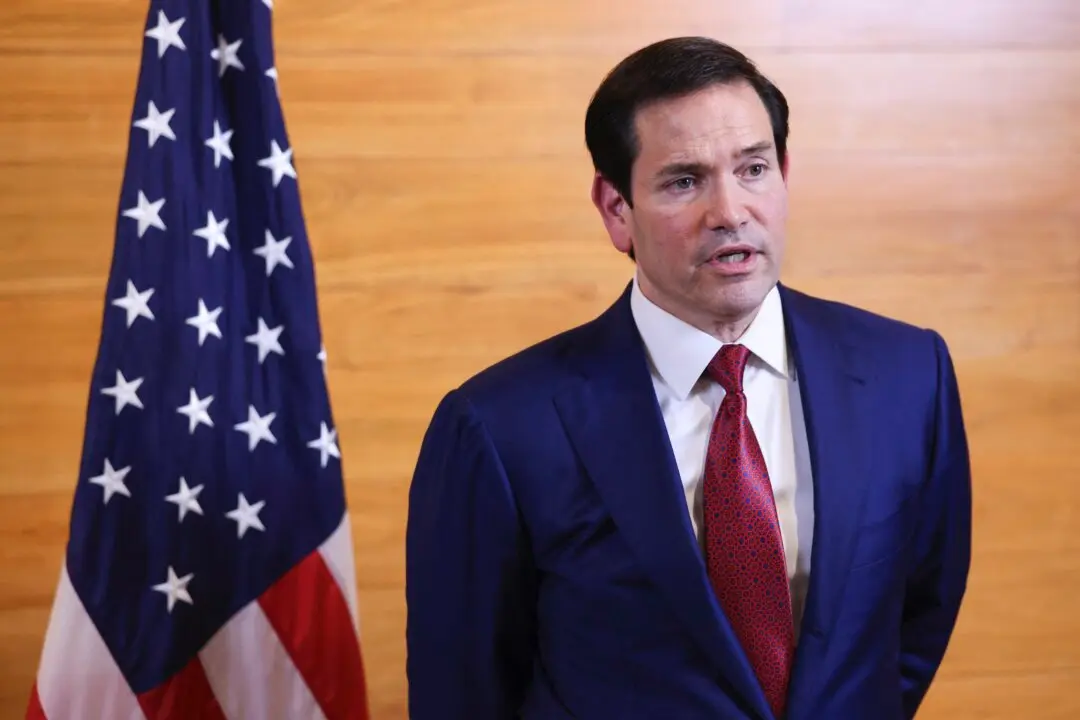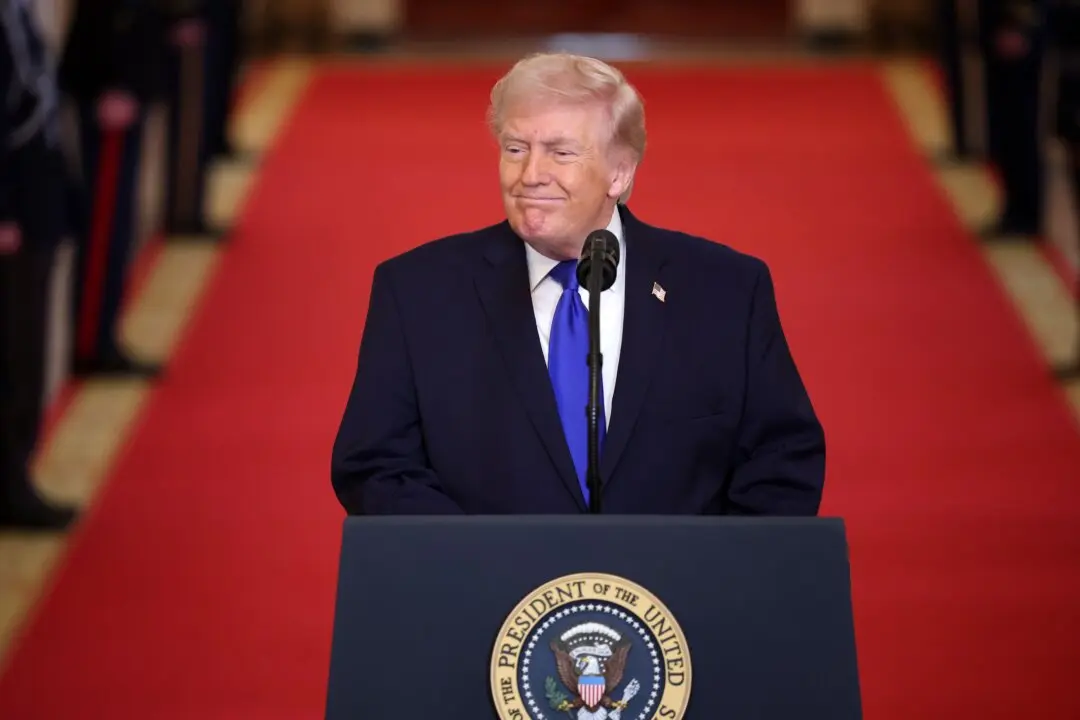As midterm elections close in, grassroots organizations are ramping up election integrity efforts, with conservative advocacy group Tea Party Patriots Action (TPPA) training more than 7,500 people on related issues in multiple states.
Conservative Group Training for Election Integrity: We Can’t Be a Society That ‘Don’t Trust the Outcome of the Election’

DALLAS, TX—Jenny Beth Martin, co-founder of Tea Party Patriots speaks at the Conservative Political Action Conference in Dallas at the Hilton Anatole Aug. 6, 2022. Bobby Sanchez for The Epoch Times





